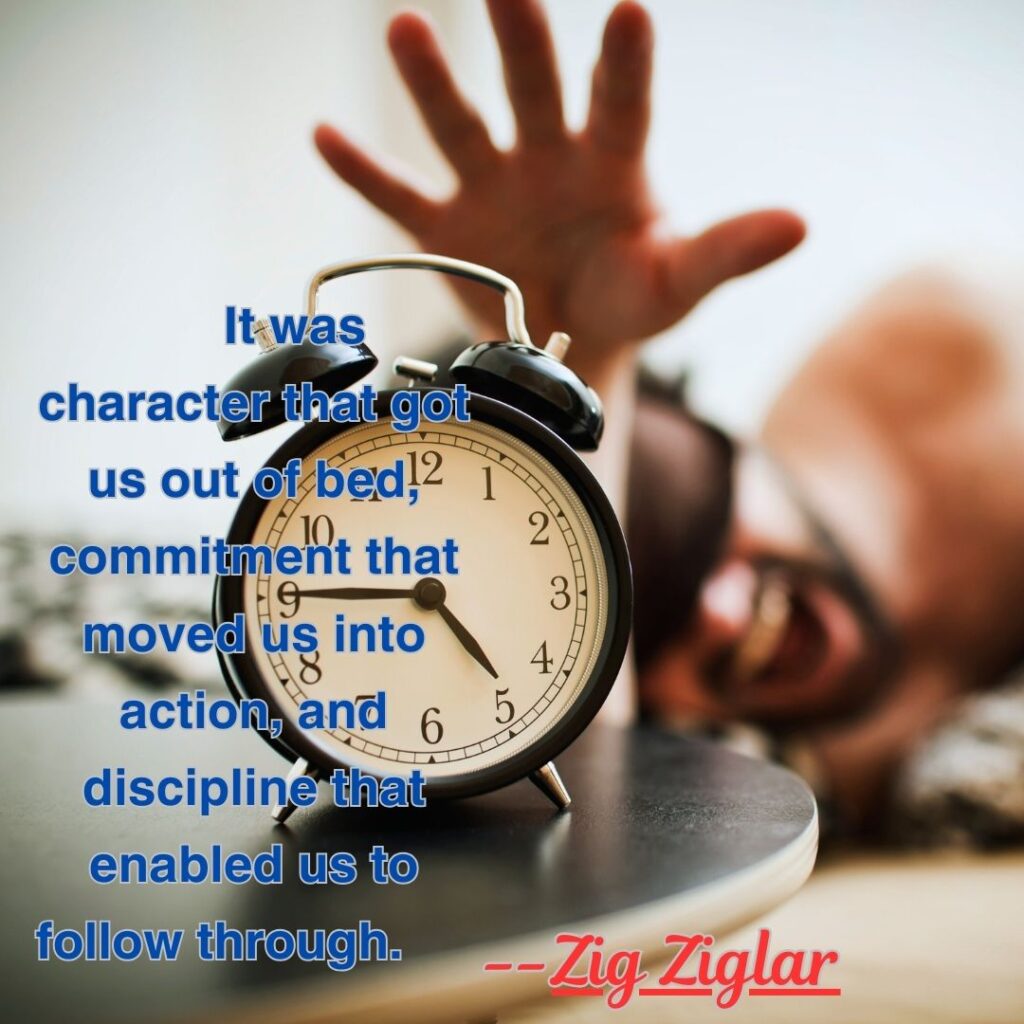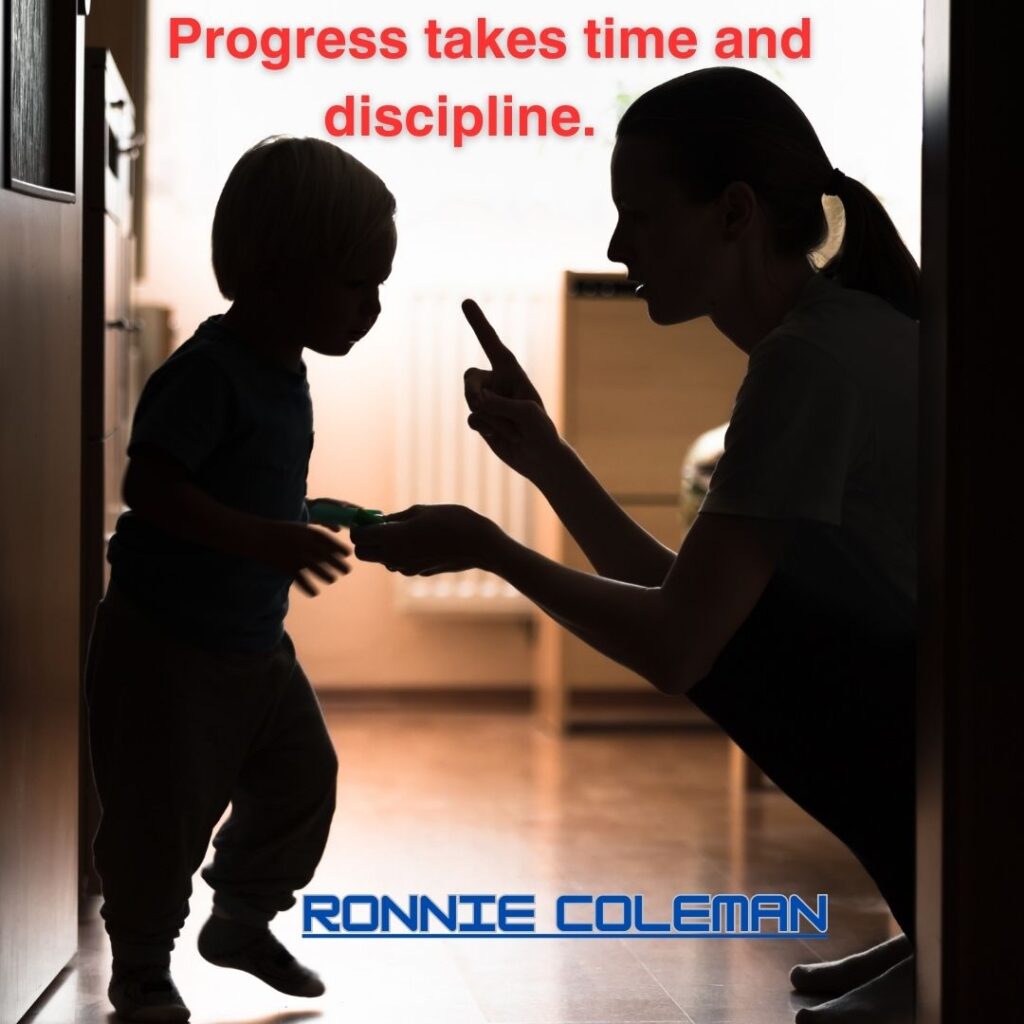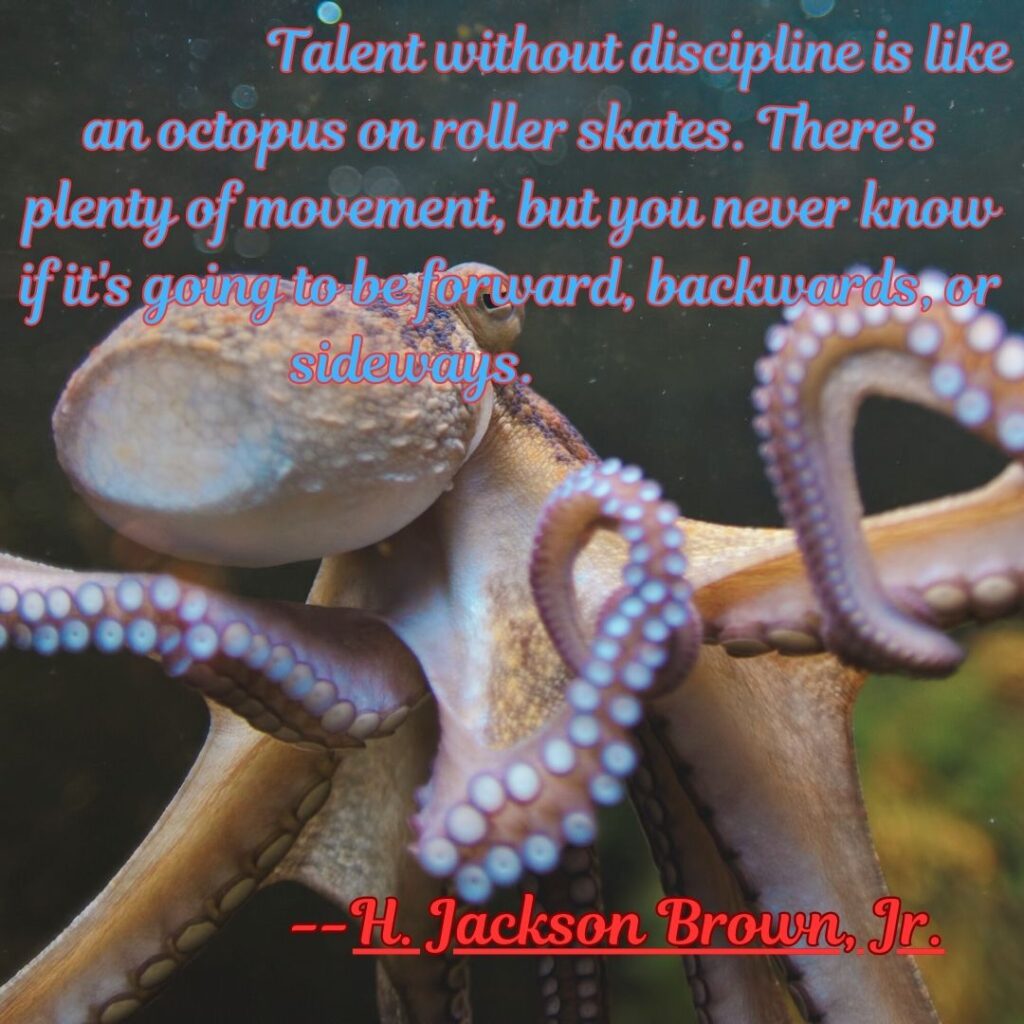After I hit my head earlier this year, it took me a few days to get back to my normal routines. Having stitches on my face threw me off mentally and physically. I couldn’t focus and my creative juices didn’t flow.
Living with a disability means you are better off sticking to your routines if you want to be more productive. Persons with brain injuries really need to understand the benefits of daily routines. Benefits like . . .
- Easier to focus
- Motor memory kicks in
- Less stressful
Most of us as children, hated the daily chores our parents gave us when we were little. We didn’t understand what disciplines they were trying to instill in us. After my accident, I learned the importance of staying disciplined daily.

Because of my TBI, I pay closer attention to my surroundings and try to use all of my senses to compensate for my lack of feeling and limited eyesight.
I also learned to pay closer attention to my body and feelings, to be aware of any potentially negative changes that may cause further harm to myself. Persons with brain injuries are commonly hypersensitive for the rest of their lives.
Over the years I have learned other disciplines that help me feel and function much better. For instance, limiting my caffeine, getting at least eight hours of sleep each night, and staying hydrated are daily disciplines I practice.
Discipline

Growing up we didn’t like the rules or the discipline our parents gave us, but as adults, we better understand how both discipline and rules help us mature. Discipline is defined as, “Training that corrects, molds, or perfects the mental facilities or moral character; instruction.”
Discipline isn’t just a consequence for bad behavior; it is also for encouraging better habits. Healthy disciplines are the practices we employ to be productive, safe, and have a strong body. Sometimes these practices may be routine or boring. However strong disciplines increase focus and productivity. These are especially beneficial for writers.
Writing Disciplines
Every writer knows writing isn’t as easy as simply sitting down at a computer and magically creating wonderful prose with little effort. It may take hours, days, or weeks to breathe life into our writing and get it where we want it to be.

We understand writing is a process that requires specific skillsets and disciplines to make our words shine, which take time to develop. We also must protect and respect the disciplines of the writing life. Below are some disciplines from successful writers on how to stay healthy and productive.
- Maintain a dedicated workspace and routine.
- Writing is a business, not a hobby.
- Stay connected with other writers and editors.
Since every writer is different, we may need different disciplines or habits to produce our best work. The point is to find what works best for you.
Some people like writing late at night, but I prefer to sleep at night for at least eight hours. Some people like listening to music while they write, I prefer peace and quiet to help me focus. Some people eat while they write, I prefer to enjoy my food and words separately and view eating at my computer as a bad habit.
Habits
Habits can be hard to break, but bad habits can break us. This may surprise you if you have followed my column for a while, but before my accident, I wasn’t a health fanatic and I didn’t take care of myself. I had a lot of bad habits from childhood and some I picked up in college. I drank soft drinks and alcohol and never drank water. I ate more junk food than nutritious food. At most, I would get only four hours of sleep each night.

I read more comic books than I did actual books. I rarely exercised, except hanging out at the gym with my friends. And the biggest shocker is, I hadn’t ridden a bicycle in over a decade before my accident. After my accident, I realized I needed to grow up and be more health conscious. I stopped smoking and drinking alcohol. Ironically, now my normal adult bedtime is the time my parents taught me to go to bed when I was a kid, 9 PM.
Living with a brain injury has forced me to develop healthier lifestyle disciplines over the last 27 years, including . . .
- Limit caffeine
- Drink a gallon of water per day
- Eat healthier
- Get more sleep and rest
- Exercise daily
I have learned “adulting” means developing better health habits and taking care of myself physically and mentally. As we age, most of us learn to make lifestyle changes to live healthier lives. Our fitness goals become survival goals. Most of us look back and wish we made better choices in life when we were younger.
What are some habits you can learn as a writer to be more disciplined?

Martin Johnson survived a severe car accident with a (T.B.I.) Traumatic brain injury which left him legally blind and partially paralyzed on the left side. He is an award-winning Christian screenwriter who has recently finished his first Christian nonfiction book. Martin has spent the last nine years volunteering as an ambassador and promoter for Promise Keepers ministries. While speaking to local men’s ministries he shares his testimony. He explains The Jesus Paradigm and how following Jesus changes what matters most in our lives. Martin lives in a Georgia and connects with readers at MartinThomasJohnson.com and on Twitter at mtjohnson51.




No Comments